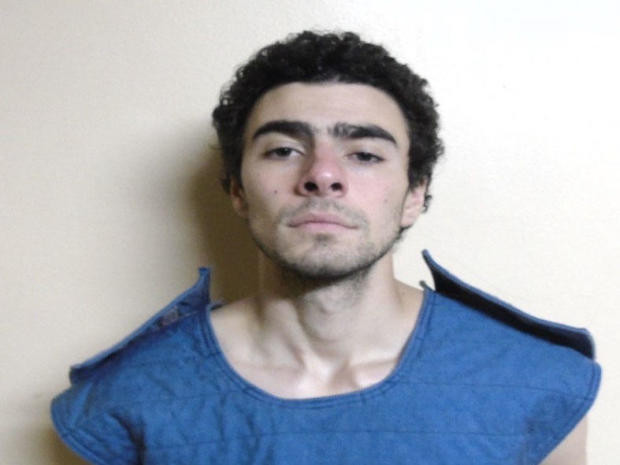Luigi Mangione, the accused killer of UnitedHealthcare CEO Brian Thompson, has been indicted by a New York grand jury on charges of terrorism and first-degree murder. The case, which has drawn national attention, involves allegations of a targeted attack motivated by animosity toward the healthcare industry.
Manhattan District Attorney Alvin Bragg announced the charges on Tuesday, emphasizing the calculated and premeditated nature of the crime. He described the killing as an act intended to intimidate the public and influence government policy, labeling it as both a crime of terrorism and a direct threat to public safety.
The 45-year-old Thompson was gunned down outside a Manhattan hotel on December 4 in what authorities describe as a brazen and deliberate ambush. Mangione, 26, fled the scene on a bicycle, evading capture for five days before being arrested at a McDonald's in Altoona, Pennsylvania.
The arrest followed a tip from a customer who recognized him from widely circulated police images. At the time of his capture, Mangione was found carrying a 9mm ghost gun, forged identification documents, and a handwritten manifesto that reportedly condemned the healthcare industry as "parasites."
The manifesto, coupled with evidence found at the crime scene, points to a potential motive rooted in deep resentment toward corporate America, particularly health insurers. Shell casings discovered near Thompson's body were inscribed with phrases like "deny" and "delay," which prosecutors suggest are references to the health insurance industry's alleged practices of delaying or denying claims. Mangione's writings also reportedly included statements such as "these parasites had it coming," further implicating his grievances against the healthcare sector as a driving force behind the attack.
The indictment includes charges of first-degree murder, two counts of second-degree murder-one as an act of terrorism-and multiple counts of weapons possession. Under New York law, first-degree murder charges are reserved for specific crimes, including acts of terrorism and the killing of law enforcement officers. The terrorism charges in this case are particularly significant, signaling prosecutors' intent to frame the attack as not just a homicide but as an act designed to incite fear and disruption on a broader scale.
Mangione's legal team has maintained his innocence, with his Pennsylvania attorney, Thomas Dickey, stating that his client intends to plead not guilty. In New York, he will be represented by Karen Friedman Agnifilo, who has not commented on the charges. Mangione remains in custody at a Pennsylvania correctional facility but is expected to waive extradition and face trial in New York. If convicted, he could face life in prison without the possibility of parole.
The broader implications of the case have sparked heated debate, with some online commentators framing Mangione as a vigilante. New York City Police Commissioner Jessica Tisch condemned such rhetoric, calling any attempt to rationalize the killing "vile and offensive." Tisch emphasized that the attack was a "cold and calculated crime" that endangered countless lives in a busy part of Manhattan. The indictment has also prompted discussions about violence targeting corporate leaders and the public perception of the healthcare industry.
Thompson's murder has had a profound impact on UnitedHealth Group, where he served as CEO. In a statement, the company described the indictment as "an important step toward justice" and expressed support for law enforcement efforts to hold Mangione accountable. The company also reaffirmed its commitment to assisting Thompson's family and colleagues during this difficult time.




